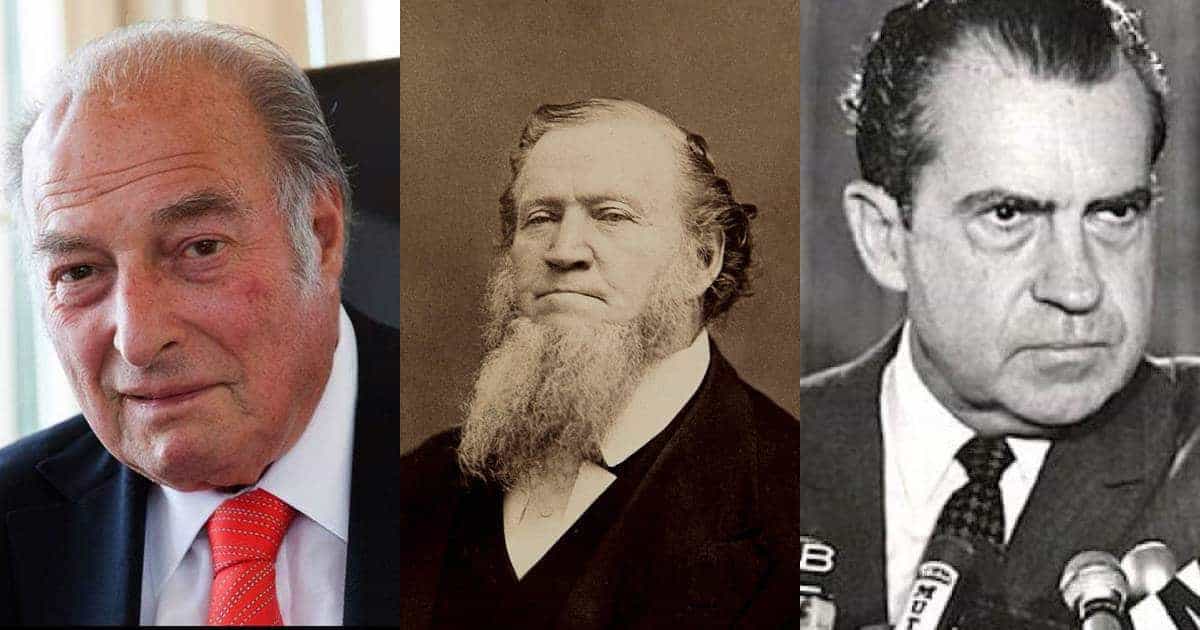Presidential pardons have been a part of American history since the days of George Washington. He granted amnesty to the people who participated in the Whiskey Rebellion in 1795. This pardon came 70 years after the event occurred but it was done for a political purpose. Pardons have been done over the years for mostly political means. Andrew Johnson pardoned the soldiers who fought in the Confederate Army as a way to help the country move forward and come back together. There were similar reasons given for the pardon of Richard Nixon as will be addressed later.
Pardons are absolute and they are a power of the presidency that cannot be overturned by Congress or the courts. It seems like a power that oversteps the bounds of the President but it was created with a very specific purpose, and it was that purpose that George Washington first used it. The idea was that a presidential pardon would be able to restore peace after the insurrection. This was why early presidents used the power of the pardon, but modern presidents have used the pardon to repay favors or to curry political capital with their target base. Here are just a few of the shocking presidential pardons over the years that may or may not have been done in order to restore tranquility to the commonwealth.

George Wilson
George Wilson comes early on the list not necessarily because his pardon was shocking but because of what happened after he was granted a pardon. In 1892, George Wilson and James Porter robbed a U.S. mail carrier. They were later arrested and tried. Both men were found guilty on six charges including “putting the life of the driver in jeopardy” and robbery of the mail. The men were sentenced to death by hanging which was scheduled for July 2nd, 1830.
Wilson, unlike his partner in crime, had some very powerful friends in Washington. These friends beseeched then President Andrew Jackson to pardon George Wilson of his crimes or least the death sentence. With many requests coming to him, Andrew Jackson decided to give George leniency. In 1830, Andrew Jackson pardoned Wilson for the crimes that led to his death sentence but let the rest stand. George Wilson would live but he would have to spend twenty years in jail to pay for the crimes he was not pardoned from.
On the surface, this seems like a good day for George Wilson, but then he did something that no one expected. He refused the pardon. This was unheard of and no one knew what to do about it. Andrew Jackson felt that George Wilson had no choice but to take the pardon and Wilson argued that the pardon had no value if he did not accept it. The case went all the way to the Supreme Court. The Justices weighed the arguments and decided that a pardon was a piece of property just like anything else.
They ruled that Wilson could not be forced to take the pardon and if Wilson did not accept the pardon then it did not have any value. Therefore, Wilson’s original conviction stayed and his death sentence was carried out. George Wilson was hanged for his crimes just like his accomplice and the efforts of his friends and President Jackson failed. There is no clear explanation for why Wilson preferred to be hanged rather than spend 20 years in prison but he is not the only person to reject presidential leniency. Arnold Ray Jones refused to have his sentence commuted by President Obama in 2016 because it came with the condition of enrolling in a residential drug treatment program.

